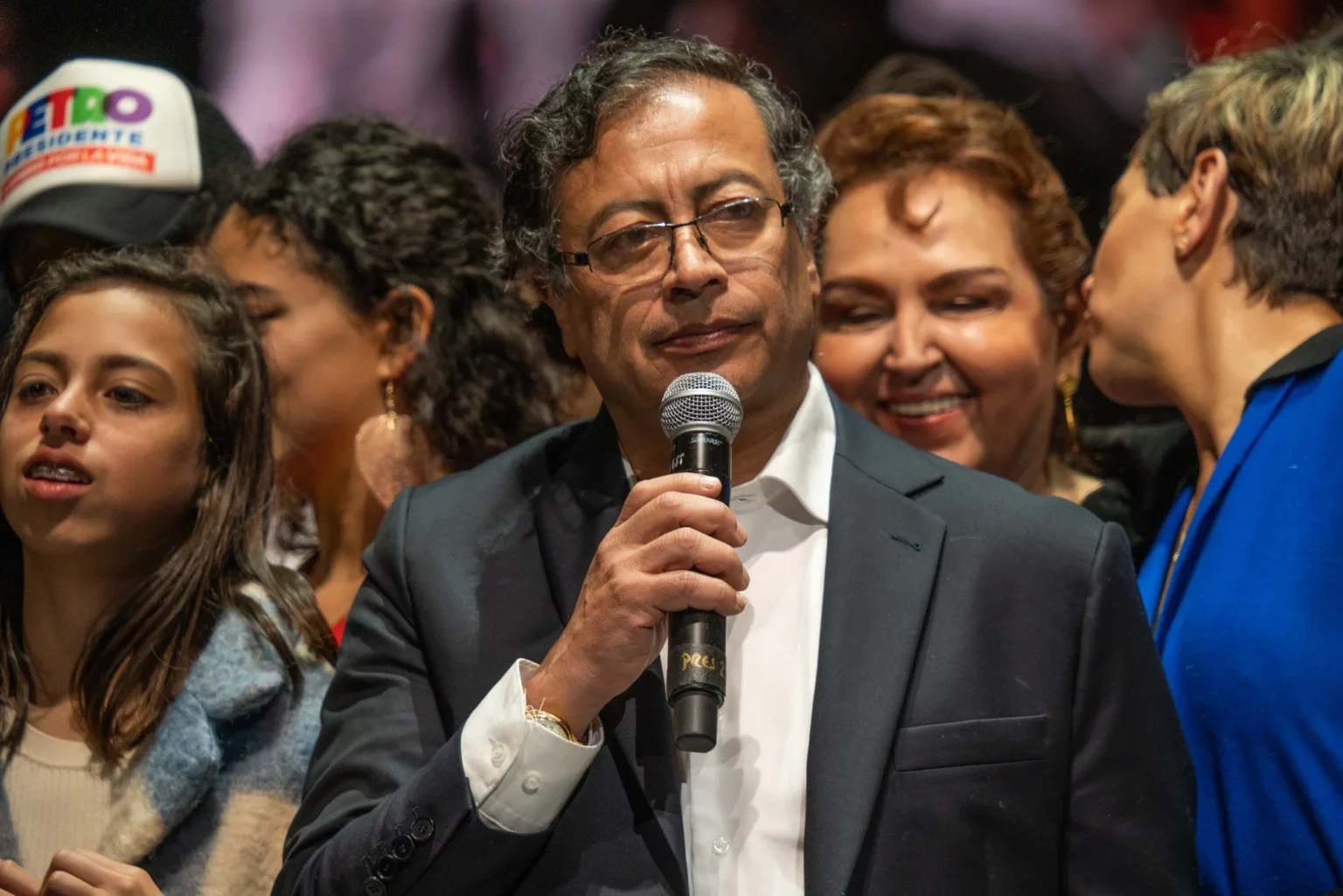The Colombian attorney general’s office made a significant announcement on Sunday, revealing that the son of Colombia’s president has been detained as part of a money laundering and illegal enrichment investigation. The investigation, launched in early March, focuses on Nicolas Petro, a congressman from Atlantico province, over allegations that he accepted money from drug dealers.
The suspicions stem from allegations that Petro received funds from criminal groups in exchange for facilitating their inclusion in his father’s efforts to mediate peace talks in the Caribbean. Nicolas Petro has staunchly denied these allegations, dismissing them as political and personal attacks aimed at undermining his career achievements.
President Gustavo Petro expressed deep disappointment at the news of his son’s arrest. Despite his personal pain, he pledged to allow the legal process to proceed unimpeded and ensure that justice is served.
In a heartfelt statement on his official Twitter account, President Petro acknowledged the profound emotional impact of witnessing one of his children face incarceration. However, he affirmed his commitment to upholding the principles of the law and guaranteeing that due process would be followed.
The president’s support for the investigation demonstrated his willingness to address any potential wrongdoing, irrespective of his personal ties. He had earlier welcomed the inquiry, urging the attorney general’s office to examine the allegations leveled against his son thoroughly.
Adding to the gravity of the situation, Daysuris del Carmen Vásquez Castro, Nicolas Petro’s ex-wife, also found herself the subject of an arrest warrant. She faces charges of money laundering and violation of personal data, relating to events that occurred from 2022 to the present.
The attorney general’s office intends to present the evidence gathered during the investigation before a Municipal Criminal Judge with the Function of Guarantee Control. This step is vital to establish the legality of the search, capture, and seizure procedures conducted during the inquiry. Additionally, the attorney general’s office will request measures restricting freedom for the individuals involved.
As this high-profile case unfolds, it has raised questions and sparked discussions about the intersection of politics, justice, and family ties. With both Nicolas Petro and his ex-wife facing serious charges, the Colombian public is watching closely to see how the legal proceedings will progress and whether justice will be served impartially. The impact of this investigation on the nation’s political landscape and the Petro family’s reputation is yet to be fully understood, as the nation grapples with the complexities of this unfolding saga.




